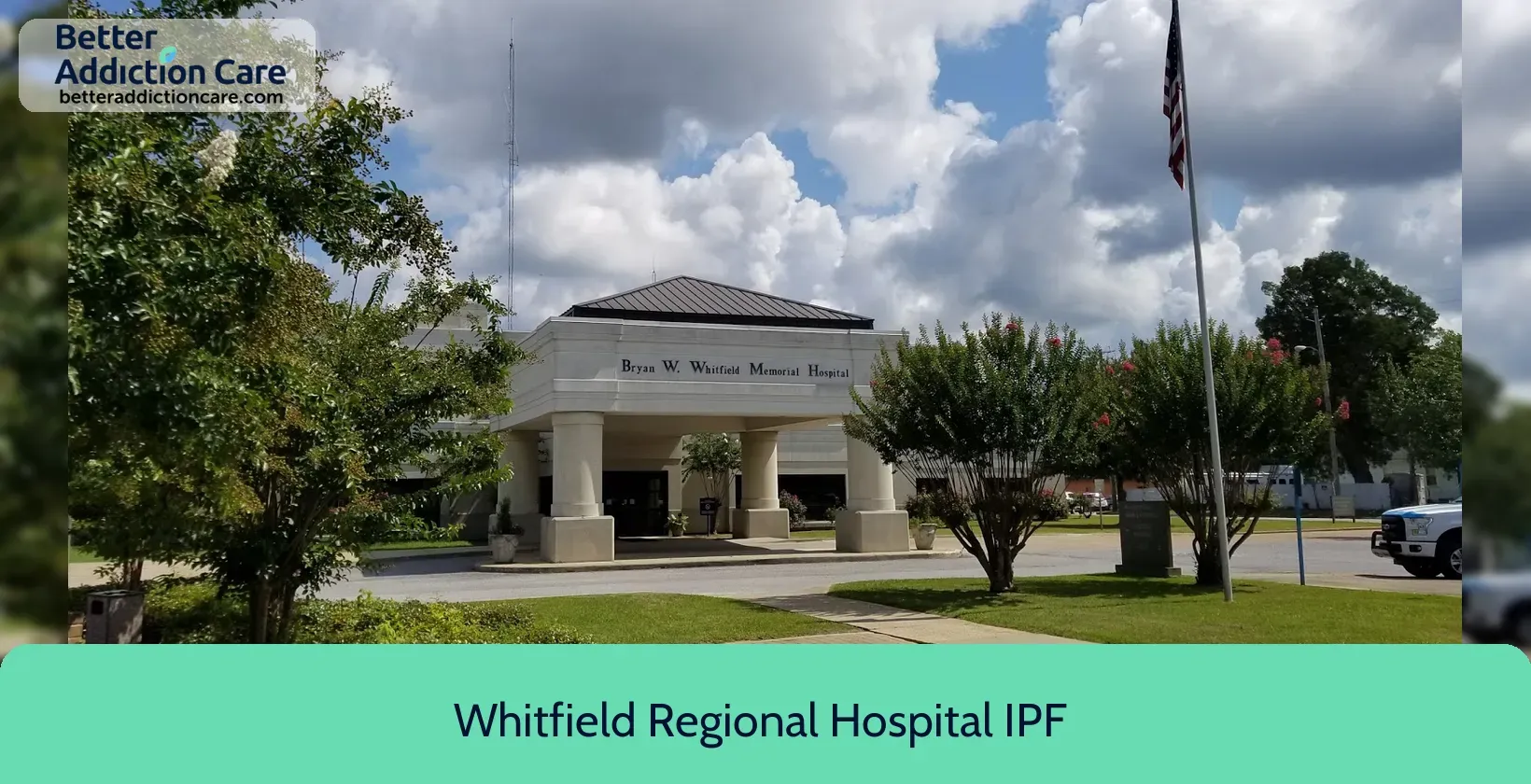West Alabama Mental Health Center

Overview
West Alabama Mental Health Center is a mental health treatment center for people seeking treatment near Marengo County. As part of their treatment modalities for recovery, West Alabama Mental Health Center provides family counseling, group counseling, and individual psychotherapy during treatment. West Alabama Mental Health Center is located in Demopolis, Alabama, accepting cash or self-payment for treatment.
West Alabama Mental Health Center at a Glance
Payment Options
- Cash or self-payment
- Medicaid
- Medicare
- State-financed health insurance plan other than Medicaid
- Private health insurance
Assessments
- Comprehensive mental health assessment
- Screening for tobacco use
- Comprehensive substance use assessment
- Interim services for clients
- Outreach to persons in the community
Age Groups
- Adults
- Seniors
- Young adults
- Children/adolescents
Ancillary Services
- Intensive case management
- Case management service
- Court-ordered outpatient treatment
- Family psychoeducation
- Suicide prevention services
Highlights About West Alabama Mental Health Center
7.09/10
With an overall rating of 7.09/10, this facility has the following balanced range of services. Treatment Options: 8.06/10, Alcohol Rehabilitation: 8.00/10, Drug Rehab and Detox: 6.31/10, Insurance and Payments: 6.00/10.-
Treatment Options 8.06
-
Alcohol Rehabilitation 8.00
-
Drug Rehab and Detox 6.31
-
Insurance and Payments 6.00
Accreditations
State mental health department:
State mental health department accreditation refers to the process of evaluating and certifying the quality and standards of a state's mental health department, ensuring that it provides high-quality services and meets specific criteria for mental health care. The accreditation process is performed by a third-party organization and helps to improve the overall care and treatment of individuals with mental health conditions.
State department of health:

Government agencies issue State Licenses, granting rehabilitation organizations permission to operate their businesses legally within specific geographic regions. The licenses needed for legal operation are typically determined by the type of rehabilitation program offered by a facility and its physical location.
Treatment At West Alabama Mental Health Center
Treatment Conditions
- Mental health treatment
- Alcoholism
- Substance use treatment
- Co-occurring Disorders
Care Levels
- Partial Hospitalization Program
- Outpatient
- Regular outpatient treatment
- Aftercare
Treatment Modalities
- Family counseling
- Group counseling
- Individual psychotherapy
- Couples/family therapy
- Cognitive behavioral therapy
Ancillary Services
Languages
- Sign language services for the deaf and hard of hearing
Additional Services
- Pharmacotherapies administered during treatment
- Mentoring/peer support
- Drug or alcohol urine screening
Special Programs
- Persons 18 and older with serious mental illness (SMI)
- Clients with co-occurring mental and substance use disorders
- Clients who have experienced trauma
Get Help Now
Common Questions About West Alabama Mental Health Center
Contact Information
Other Facilities in Demopolis

6.79

6.79

6.68
DISCLAIMER: The facility name, logo and brand are the property and registered trademarks of Whitfield Regional Hospital IPF - Gerpsych - Adult Psych, and are being used for identification and informational purposes only. Use of these names, logos and brands shall not imply endorsement. BetterAddictionCare.com is not affiliated with or sponsored by Whitfield Regional Hospital IPF - Gerpsych - Adult Psych.
